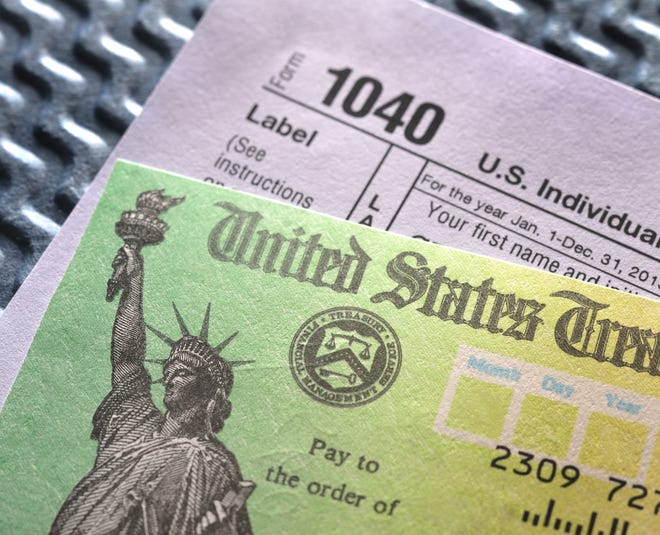Beyond what the federal government taxes on Social Security benefits, US states that have income taxes can also take an extra hit. Most states do not tax social security, but 13 do, mostly with different changes than federal taxation, according to the Tax Foundation.
The US government taxes a portion of Social Security benefits. It starts with adjusted gross income which includes social security as well as all other sources of income, such as required cash distributions or wages. To this is added any tax-exempt interest (not taxed but added to the calculation).
If this amount exceeds the minimum amount, social security benefits will be taxed. For an individual, if the gross annual income exceeds $ 25,000 ($ 32,000 for a couple), up to 50% of the benefits may be taxed. However, if it exceeds $ 34,000 ($ 44,000 for a couple), up to 85% may be taxed.
But the states are different. Eight have no income tax: Alaska, Florida, Nevada, South Dakota, Tennessee, Texas, Washington and Wyoming.
And 29 other states that have state income taxes do not include Social Security benefits in their tax calculations.
That leaves 13 states taxing social security benefits. For the most part, each of these states has different methods of calculating this tax, according to the Tax Foundation. The gallery above examines these states and how they tax Social Security benefits.
– In relation with ThinkAdvisor:
 Resource KT
Resource KT


